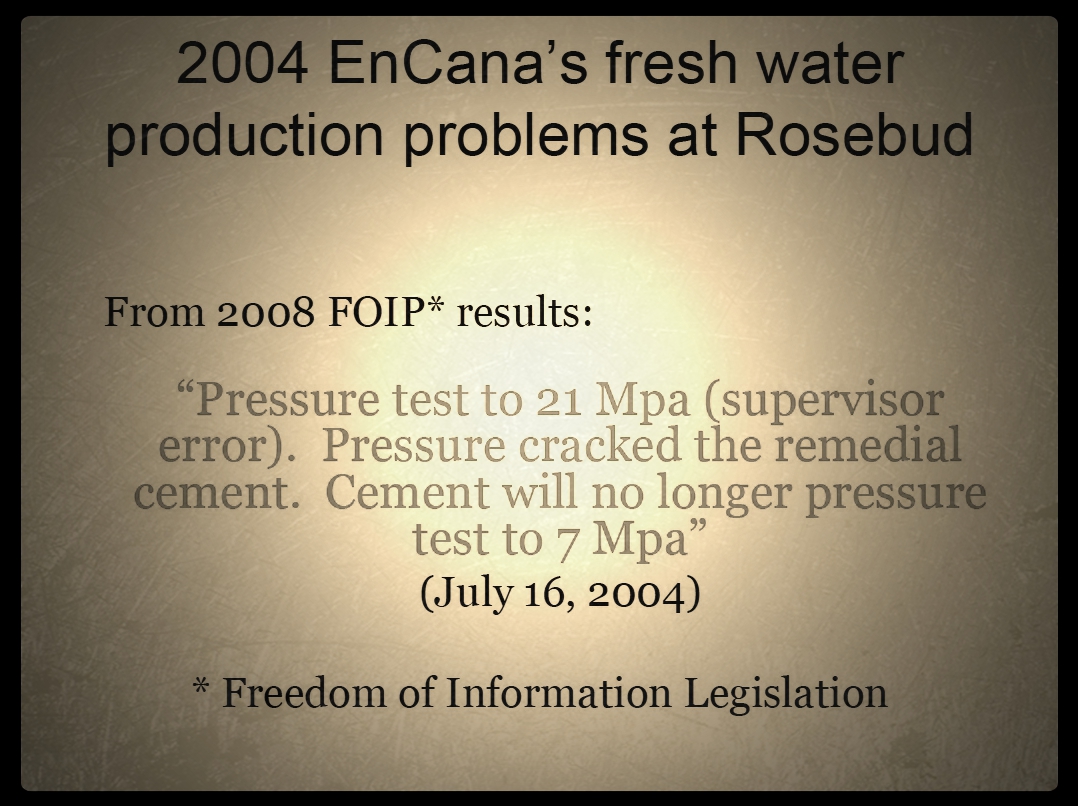Arbitration Possible for Hydrofracking Dispute by Rose Bouboushian, December 5, 2013, Courthouse News Service
Oil and gas giant Chesapeake Energy cannot yet arbitrate claims that its “ultrahazardous” hydraulic fracturing made groundwater flammable in Pennsylvania, a federal judge ruled. The dispute stems from a 2008 oil and gas lease that gave Chesapeake Appalachia five years to drill for and extract natural gas from the Granville Summit, Pa., property owned by Michael and Nancy Leighton. By 2010, there were two gas wells about half a mile from the Leightons’ residence and water supply well that violated industry standards, the couple claimed. They said the Chesapeake and its affiliates then had to conduct “remedial perforations and cement squeeze operations” on one of the wells in November 2011, “allowing contaminants … to escape from the well bore for as many as seven days” in May 2012.
Though the driller’s samples showed the Leightons’ water was of good quality in May 2011, stats allegedly changed after the hydrofracking occurred. The Leightons said the state Environmental Protection Department and Chesapeake Appalachia took samples in May 2012 showing substantial increases in the levels of methane, ethane, propane, iron and manganese in the Leightons’ groundwater.
While the creek on the Leightons’ property began bubbling at the surface, the groundwater “drastically changed in clarity and color, had a foul odor, contained noticeable levels of natural gas,” and had “become flammable,” the couple claimed. Chesapeake Appalachia allegedly made the water temporarily safe for residential uses, “but not for drinking,” the next month. To keep gas from infiltrating at “dangerous and explosive levels,” the company allegedly installed a “sub-slab air insertion system” in the Leightons’ basement. The Leightons sued Oklahoma-based Chesapeake Appalachia, parent company Chesapeake Energy, Texas-based Schlumberger Technology, and another Chesapeake subsidiary, Nomac Drilling LLC.
While Chesapeake and the other defendants moved to compel arbitration, U.S. District Judge William Caldwell stayed the motion pending further discovery last week. “Since plaintiffs’ claims are based on defendants’ drilling activities, they come within the scope of the arbitration clause, as either disputing defendants’ performance or damages resulting from their operations,” Caldwell wrote. The judge seemed included to let Chesapeake Energy and its subsidiaries enforce the arbitration agreement since they are “related,” but gave the plaintiffs 90 days to investigate whether the three nonsignatory defendants – Schlumberger, Chesapeake Energy, and Nomac – are “agents” of Chesapeake Appalachia under state law and thus able to compel arbitration. The plaintiffs must also determine over the next three months whether the case involves interstate commerce so that the Federal Arbitration Act applies, according to the ruling. The parties will then have 30 days to file discovery briefs, the judge ruled. Caldwell paired the 20-page memorandum with a one-page order. Chesapeake Energy and Schlumberger reported respective revenues of more than $12.3 billion and $42.15 billion last year. [Emphasis added]
[Encana also had to do remedial work, including cement squeezes, on shallow frac’d coalbed methane wells near Rosebud, Alberta. Encana’s remediation/cracked cement problems summarized below were in Rosebud’s drinking water aquifers.

